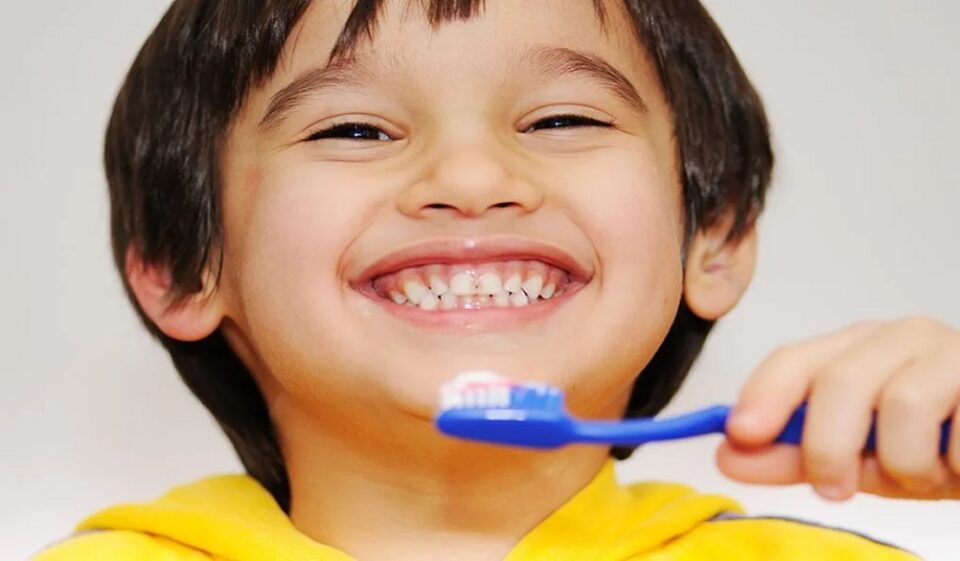The general health of your child depends on having healthy teeth. They aid your child’s eating and speaking. Childhood cavities are rather typical. Cavities can be avoided, though, by brushing, flossing, consuming less sweets, and visiting the dentist regularly. With these helpful ideas, you can teach your child appropriate oral cleanliness and care from an early age.
- Give kids the freedom to select their toothbrush.
- Give kids a say in the toothpaste selection. They can select the taste of their choice.
- Watch or read books that discuss dental care for kids (ทำฟันเด็ก, term in Thai).
- To assist them in keeping time, play their preferred tune.
- Reward kids for good dental hygiene. Don’t feed them or give them sweets. Instead, present something wholesome or straightforward, like apple slices or a gold star.
A way to better health
Function of fluoride
The dental health of your child depends on fluoride. Fluoride must be added to tap water in several cities. Fluoride is not removed by water filters; thus, they are safe to use. Use of “reverse osmosis” water filters is not advised. To find out if your child requires this, consult your kid’s dentist (หมอฟันเด็ก, term in Thai). The first time your child visits the dentist, they will receive a fluoride varnish or cleaning on their teeth. Too much fluoride can affect your child’s health and discolor their teeth. Make sure your child does not consume fluoride-containing mouthwash or toothpaste. Observe all fluoride supplement instructions.
Flossing and brushing
Beginning dental hygiene practices with your newborn is recommended. Around age 1 or 2, begin using a soft child-sized toothbrush. Water should be used to clean your child’s teeth at least twice each day. You could also mix in a tiny bit of fluoride-free toothpaste. You can switch to fluoride-containing toothpaste whenever your youngster is old enough to spit out the toothpaste. Use a little bit only.
Until they are 7 or 8 years old, your child will probably need assistance with tooth brushing. They can start using a larger-sized toothbrush at this point. Every three to six months, if the bristles are worn, or after your child has been sick, you should replace your toothbrush. Another essential component of your child’s dental hygiene regimen is flossing. Introduce your child to daily flossing. To make flossing easier, you can purchase floss with a handle.
Additionally, you ought to teach your kid how to brush their teeth. By doing this, the quantity of bacteria in the mouth is decreased. Make sure your youngster understands that brushing their teeth before going to bed requires finishing all eating and drinking apart from water.
Cavities
Your teeth can develop holes, or cavities, over time. Children frequently get cavities because brushing their teeth can be challenging. Everyone in your household needs to practice good oral hygiene. People who have cavities can transmit the bacteria that cause them to newborns, young children, and unborn children.
Children run the risk of cavities if they:
Have brown or white patches on their teeth.
Possess persistent special medical needs.
Don’t visit the dentist frequently.
Had a low birth weight or a preterm birth.

